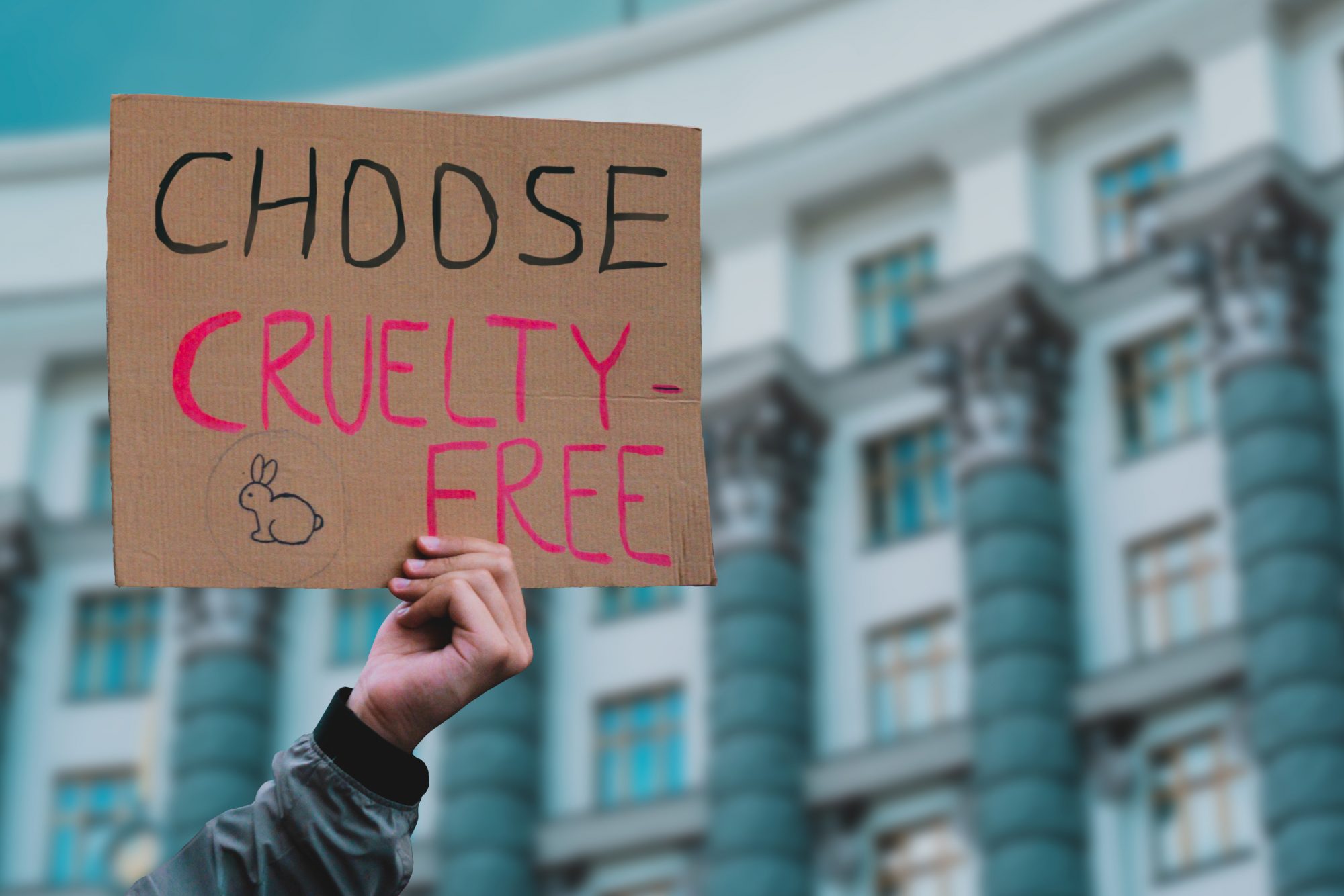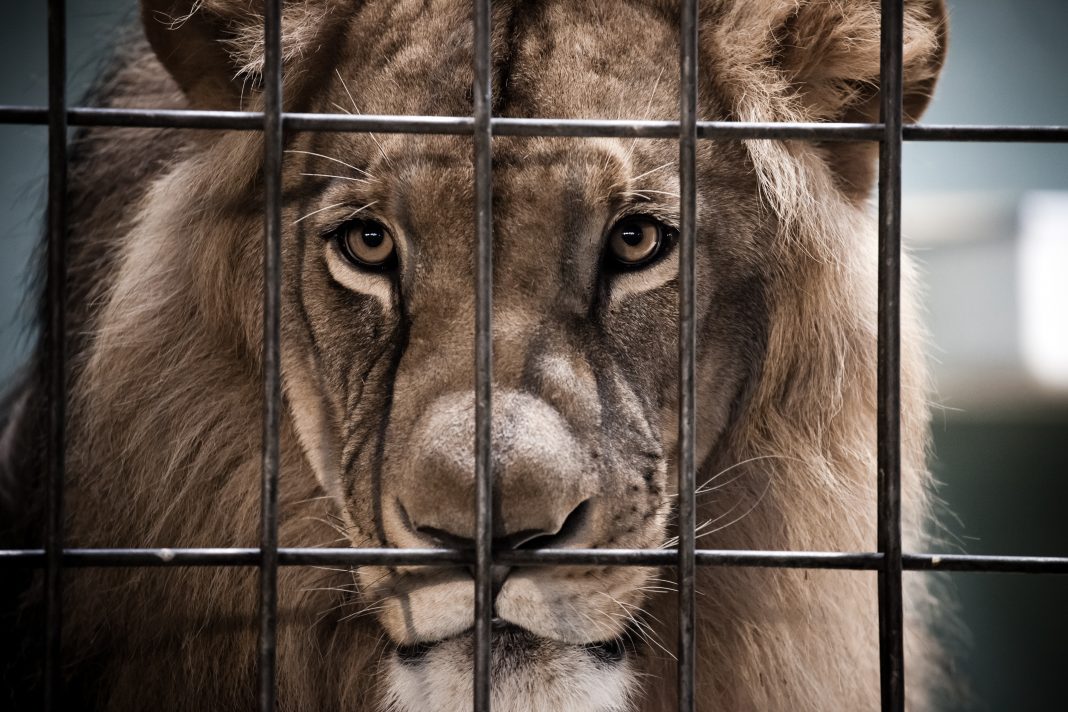With less than two years to go until the next General Election, and with more than 75% of the British public against large animals in zoos, it is time that Parliament improves animal welfare
International wildlife charity Born Free is highlighting research that sends a clear message to the UK government: improve animal welfare now.
Opinion Matters polled UK residents to find out how they felt about wild animal welfare, wildlife crime and wildlife protection. Their poll emphasised the situation’s urgency and the strength of public opinion.
For example, nearly 90% of those polled by Opinion Matters believe it to be very or quite important for the next government to include commitments to improving wild animal welfare (88%), tackling wildlife crime (88%), and improving wildlife protection (89%) in their manifestos.
And as the headline states, 75% of British public is against large animals in zoos.
There will be no winners without wildlife
Will Travers OBE, Born Free Co-Founder & Executive President, explains, “The British public has consistently called on parliamentarians to improve animal welfare and to take the measures necessary to restore our depleted fauna and flora and protect the diverse habitats on which they depend. Yet the conservation and welfare of our native wildlife remains an afterthought. This has to change.”
The message to politicians at the next general election is clear: there will be no winners without wildlife.
The research from Opinion Matters serves as a much-needed ‘wake-up call’ to all political parties that animal welfare matters and currently, the government is failing them and us.
Should we keep animals in zoos?
According to the poll, 76% of those surveyed believe it is very or quite important the next UK government phases out the keeping of large animals, such as elephants, lions, tigers, giraffes and rhinos, in zoos, wildlife parks and other captive facilities.
This statistic is compelling. What is so clearly demonstrates is the tide of public support for Born Free’s founding principle on which the charity has campaigned for nearly four decades: to stop the exploitation and suffering of individual animals living in captivity or in the wild.
Politicians and decision-makers can no longer ignore the British public seeking to end the archaic, unethical, and damaging practice of keeping large animals in zoos.
Public money should not be used for cruel activities
A significant 88% of those asked declared it very or quite important that the next UK government stops using public money for activities which damage nature and wildlife or cause wild animal welfare harms as part of its manifesto.
It makes sense that if British residents are morally opposed to harming wildlife, they also do not want the public purse to pay for it!
Other significant findings further highlight the strength of feeling among UK voters on a wide range of animal welfare and wildlife issues by somewhat or totally agreeing with:
- 85% agreed the next UK government should introduce a ban on British hunters bringing ‘trophies’ of endangered or vulnerable animals into Britain
- 83% agreed the next UK government should tighten the rules on the trade in and keeping of exotic pets
- 82% agreed the next UK government should use its influence, via trade deals etc., to bring an end to overseas activities that involve animal cruelty, such as the slaughter of dolphins in the Faroes

What is Born Free calling on political parties to do?
- Improve the regulation of zoos, and phase out the keeping of wild animals unsuited to captivity
- Ban the import of hunting trophies
- Ban the advertising of low-welfare animal tourism activities abroad
- Strengthen the Hunting Act
- Protect wild animals from the exotic pet trade
- Eliminate the use of cruel snares and traps
- End the import and sale of animal fur in the UK, including for military use
- End the cruel and ineffective badger cull
- Use the UK’s trading influence to help end the Faroe Island’s grind
The full list of the charity’s priorities is outlined in Born Free’s UK Wildlife Conservation and Animal Welfare Manifesto.
Politicians should acknowledge and support the ‘nature and animal welfare first’ approach to government and policy-making that is so heavily backed by the British public. In doing so, it would prove to voters that they do care and they are willing to listen.
Comments from the Born Free team
Will Travers OBE, Born Free’s Co-Founder and Executive President, said, “A healthy natural world is critical for our health and well-being. Healthy wildlife and healthy ecosystems also play a huge part in limiting the effects of climate change and protecting us from future pandemics.
‘We call on all political parties to recognise the importance of protecting and restoring wildlife and wild habitats’
“We call on all political parties to recognise the importance of protecting and restoring wildlife and wild habitats, and eliminating the negative impacts we have on the welfare of individual animals, by placing nature protection and animal welfare improvements at the heart of their manifesto commitments and delivering on those commitments in the parliamentary sessions that will follow. Nothing less will do.”
Dr Mark Jones, Born Free’s Head of Policy added, “Practices in the UK such as trail hunting, the appropriation of huge tracts of land for the shooting of game birds and hares for sport, and the culling of badgers, result in animal destruction and suffering on a massive scale.
“Wild animals are traded and kept in zoos and private homes in ever-increasing numbers. Wildlife crime continues to have devastating impacts on individual animals, wildlife habitats, and wider society. Far too little is being done to effectively protect and restore our natural fauna and flora or safeguard the welfare of wild animals.”
Dominic Dyer, Born Free’s British Wildlife Advocate & Policy Advisor, concluded, “As Britain negotiates new trade agreements with countries around the world it’s critically important that wildlife protection and animal welfare are key components of any negotiation process.
“In the case of the Faroe Islands, the public expect the Government to suspend the current free trade agreement until the brutal, merciless killing of large numbers of whales and dolphins finally ends.”











